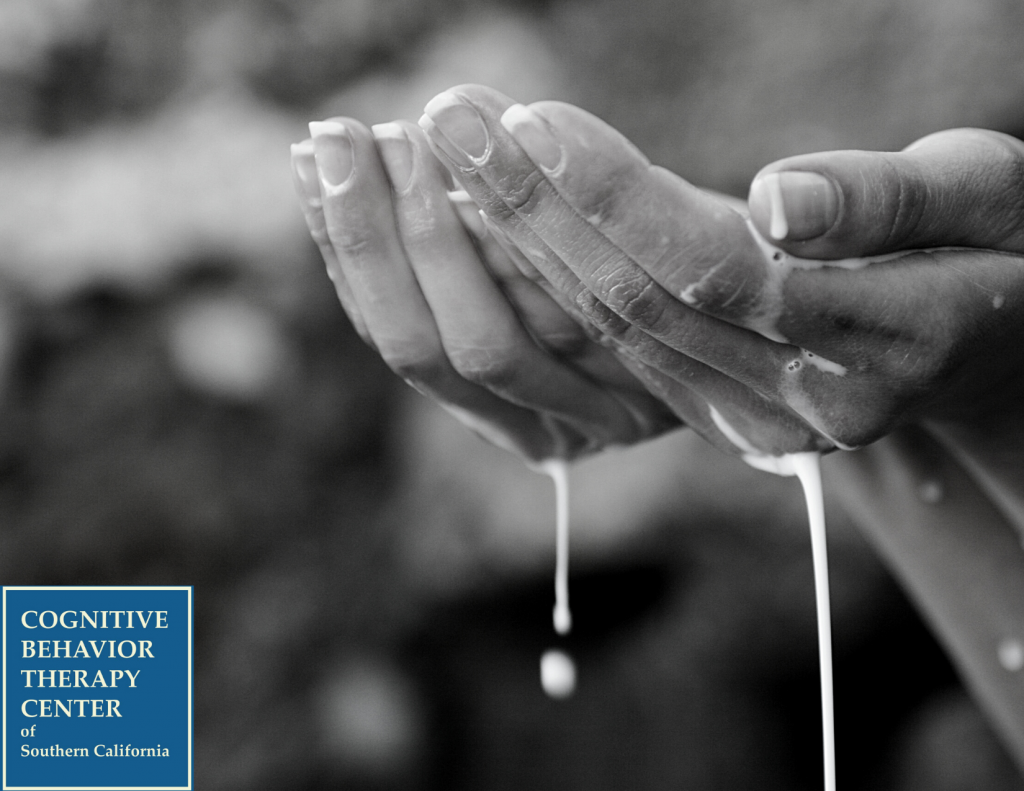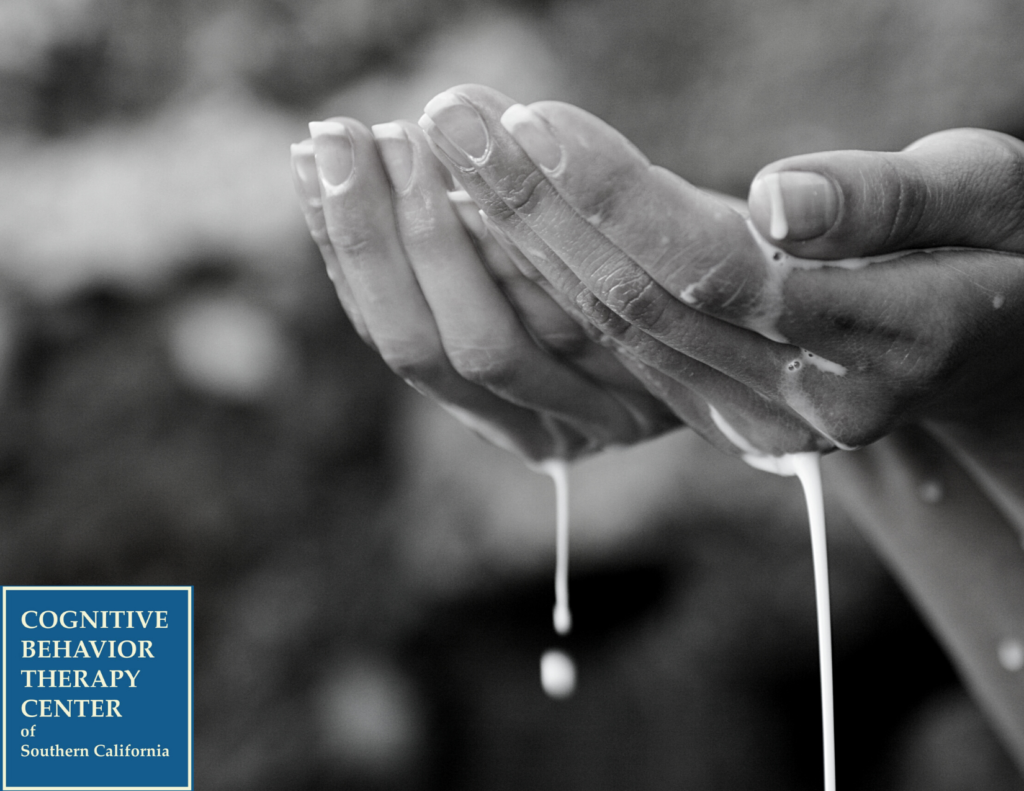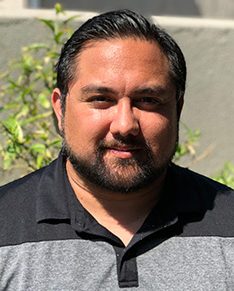What is scrupulosity? Religious or morality-based obsessions and compulsions


Obsessive compulsive disorder (OCD) is a debilitating mental illness that affects millions of people across the United States. OCD can take a variety of forms. One such form of OCD involves people suffering from obsessions and compulsions related to religion or morality. The International Obsessive Compulsive Disorder Foundation (IOCDF) refers to this form of OCD as scrupulosity. More specifically, scrupulous people suffer from heightened distress related to the belief that their thoughts and or behaviors are sinful or violations of religious or moral doctrine.
Scrupulous obsessions
People with OCD suffer from irrational obsessions that cause distress. When someone suffers from scrupulosity they often experience obsessions related to the following topics:
- Going to hell
- Blasphemy
- Committing acts of sin
- Behaving according to a rigid form morality
- Maintaining moral or spiritual purity
- Death
- Loss of self-control and impulsive behavior
Scrupulous compulsions
When someone with OCD experiences distressing obsessions, they attempt to sooth themselves by engaging in mental or behavioral compulsions.
The following are common scrupulous mental compulsions:
- Excessive praying (possibly with the requirement that the prayers be performed “perfectly”)
- Excessive visualization of sacred images or repeating of sacred phrases
- Excessively repeating sacred passages of scripture in one’s mind
- Repeatedly making pacts with God
The following are common scrupulous behavioral compulsions:
- Excessively seeking reassurance from religious authorities or loved ones
- Excessively engaging in purifying rituals
- Excessively attending a religious confessional
- Excessive acts of self-sacrifice
- Avoiding situations in which a religious or moral error could be made that could lead to something bad happening
Scrupulosity versus normal religion or morality
The behavior of people who suffer from scrupulosity typically behave and hold views inconsistent with the people in their religious community. Scrupulous obsessions are often centered around trivial details of religious practices while neglecting the more important beliefs and practices of the faith.
OCD impacts people of all faiths equally. There is no religious faith that leaves people vulnerable to developing scrupulosity. Furthermore, there is no evidence suggesting that those who suffer from scrupulosity are any more or any less religious or moral.
How is scrupulosity treated?
Scrupulosity is treated the same as any other form of OCD. Cognitive behavioral therapy (CBT) utilizing exposure and response prevention (ERP) is the gold standard treatment for OCD.
If you are interested in learning how ERP, conducted via online therapy (telehealth), can address OCD, schedule a free phone consultation.

Dr. Jason von Stietz specializes in Cognitive Behavior Therapy and Sport/Performance Psychology in Torrance, CA. He provides online therapy (telehealth) by way of the Torrance office and is available for a free initial phone consultation. Dr. von Stietz works with individuals from Long Beach, the greater Los Angeles area, and the South Bay including Palos Verdes, Redondo Beach, Hermosa Beach, Manhattan Beach, El Segundo and all over California.
